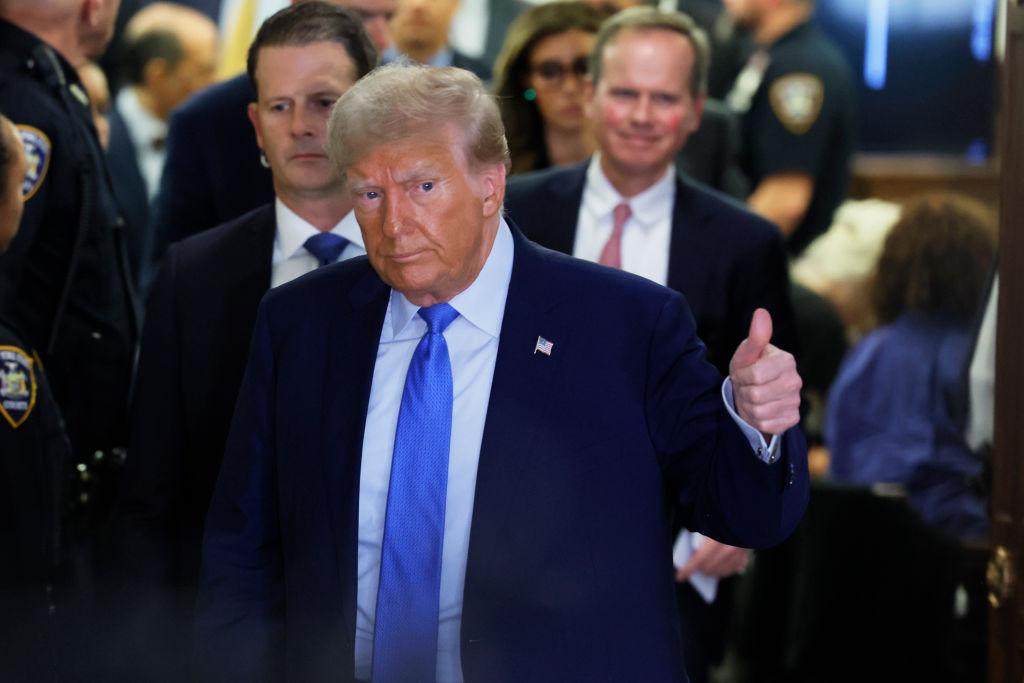U.S. District Judge Tanya Chutkan extended a motions deadline in the case special counsel Jack Smith is prosecuting against former President Donald Trump, striking a compromise between the two parties.
President Trump’s team has been after substantial amounts of government material, including “missing“ Jan. 6 Select Committee documents, in an effort to investigate the 2020 elections while exonerating the former president. He has been charged with interfering with the 2020 elections through ”deceit,” resulting in a four-count indictment to which he has pleaded not guilty. In recent filings, it was revealed that the prosecution has not been completely forthcoming with producing discovery.





